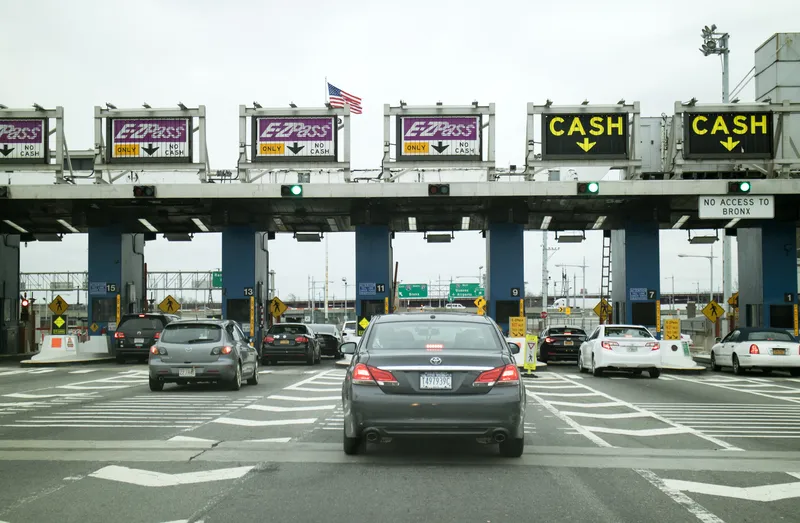The International Bridge, Tunnel and Turnpike Association (IBTTA) has applauded the Obama Administration for including language in its surface transportation reauthorisation proposal, the Grow America Act, released earlier today that would ‘eliminate the prohibition on tolling existing free Interstate highways.’
May 1, 2014
Read time: 2 mins
RSSThe International Bridge, Tunnel and Turnpike Association (63 IBTTA) has applauded the Obama Administration for including language in its surface transportation reauthorisation proposal, the Grow America Act, released earlier today that would ‘eliminate the prohibition on tolling existing free Interstate highways.’
Released in a press call by US Secretary of Transportation Anthony Foxx, the Administration’s transportation reauthorisation bill sent to Congress today states that it would: eliminate the prohibition on tolling existing free Interstate highways, subject to the approval of the Secretary, for purposes of reconstruction, thus providing States greater flexibility to use tolling as a revenue source for needed reconstruction activities on all components of their highway systems. This section would allow any State or public agency to impose variable tolls on existing highways, bridges, or tunnels for purposes of congestion management, subject to the approval of the Secretary.
“In releasing their proposal today, Secretary Foxx and the Administration recognise the importance of giving states the maximum amount of flexibility to use all appropriate funding and financing tools to meet their 21st century funding challenges,” said Patrick Jones, executive director and CEO of IBTTA. “We applaud the Administration for taking the bold step of proposing to lift the ban on interstate tolling.”
Jones continued, “Now is the time to incorporate new and innovative ways to fund our nation’s transportation needs. Currently, 35 states have leveraged the power of tolling as a proven and effective option to meet their infrastructure needs. Today’s Administration proposal opens the door for state governments to take advantage of all the tools in the toolbox to meet their local transportation funding needs.”
“Tolling is a proven and effective tool to fund and finance more than 5,000 miles of roads, bridges and tunnels in 35 states. To ensure our roads and bridges remain safe and reliable requires a variety of solutions. All options should be on the table so that states can choose the funding methods that work best for them.” Jones said.
Released in a press call by US Secretary of Transportation Anthony Foxx, the Administration’s transportation reauthorisation bill sent to Congress today states that it would: eliminate the prohibition on tolling existing free Interstate highways, subject to the approval of the Secretary, for purposes of reconstruction, thus providing States greater flexibility to use tolling as a revenue source for needed reconstruction activities on all components of their highway systems. This section would allow any State or public agency to impose variable tolls on existing highways, bridges, or tunnels for purposes of congestion management, subject to the approval of the Secretary.
“In releasing their proposal today, Secretary Foxx and the Administration recognise the importance of giving states the maximum amount of flexibility to use all appropriate funding and financing tools to meet their 21st century funding challenges,” said Patrick Jones, executive director and CEO of IBTTA. “We applaud the Administration for taking the bold step of proposing to lift the ban on interstate tolling.”
Jones continued, “Now is the time to incorporate new and innovative ways to fund our nation’s transportation needs. Currently, 35 states have leveraged the power of tolling as a proven and effective option to meet their infrastructure needs. Today’s Administration proposal opens the door for state governments to take advantage of all the tools in the toolbox to meet their local transportation funding needs.”
“Tolling is a proven and effective tool to fund and finance more than 5,000 miles of roads, bridges and tunnels in 35 states. To ensure our roads and bridges remain safe and reliable requires a variety of solutions. All options should be on the table so that states can choose the funding methods that work best for them.” Jones said.








